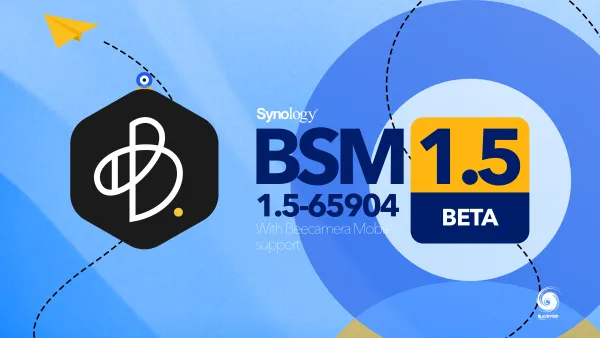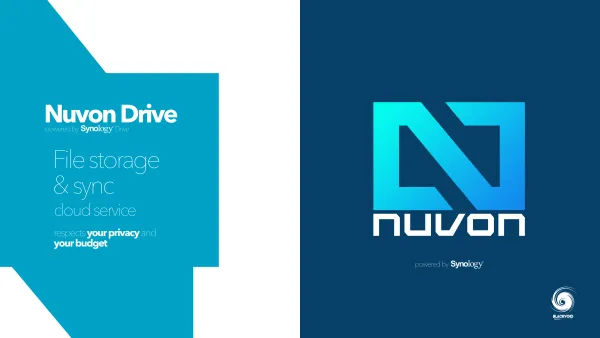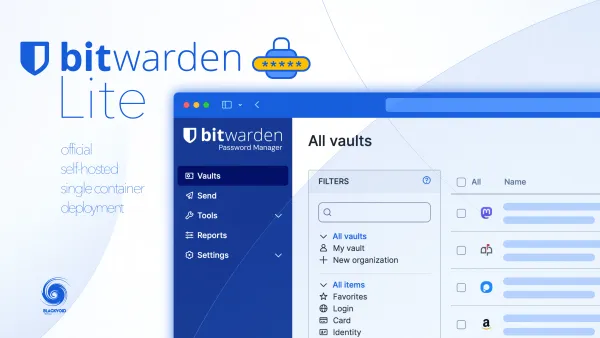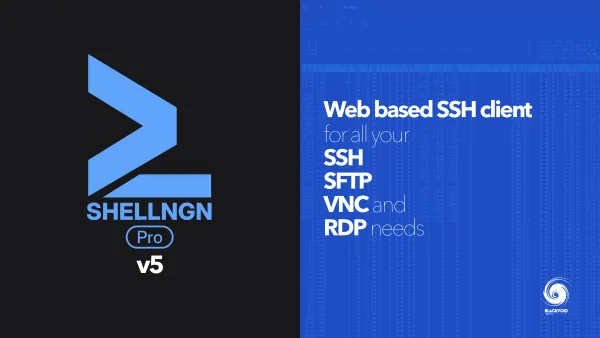Synology Office Suite meets AI
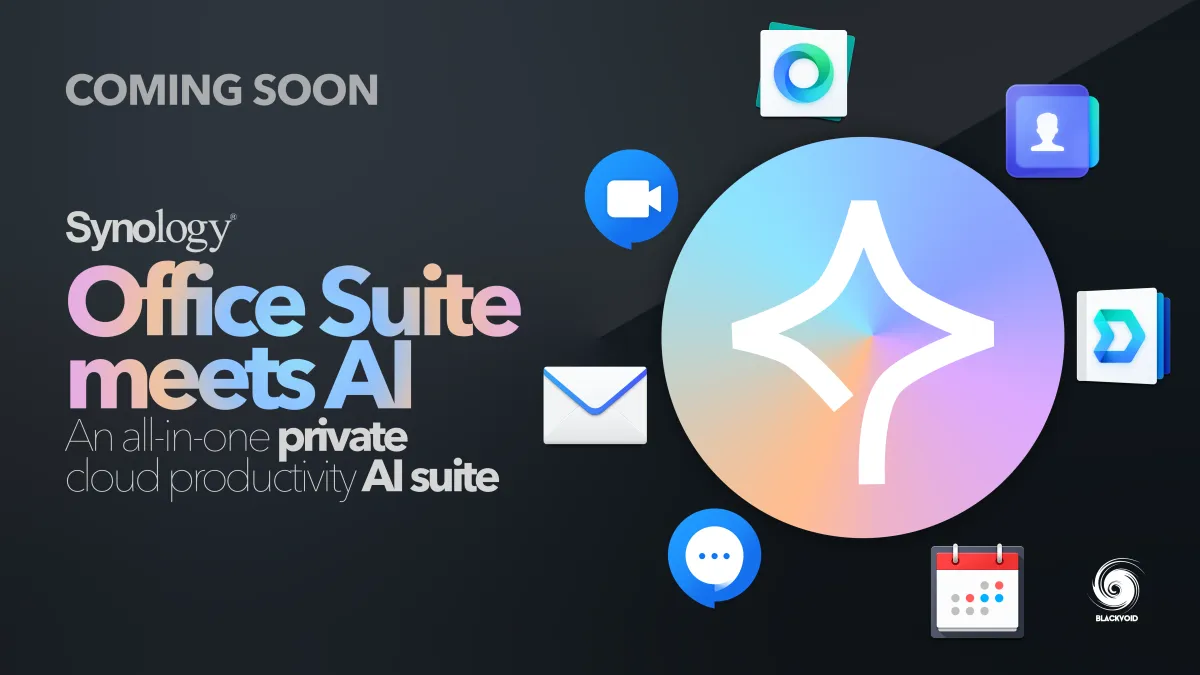
Synology, a company often characterized by its delayed adoption of innovations in both hardware and software, is similarly behind in integrating artificial intelligence (AI) into its offerings. Despite the transformative impact of large language models (LLMs) on our daily lives, jobs, and creative processes for several years now, there remains significant potential for AI to enhance productivity, particularly in automating mundane and repetitive tasks.
This summer, and continuing through 2025, Synology intends to advance its AI strategy. This initiative will begin with the June release of an enhanced BeeDrive deep search feature for macOS.
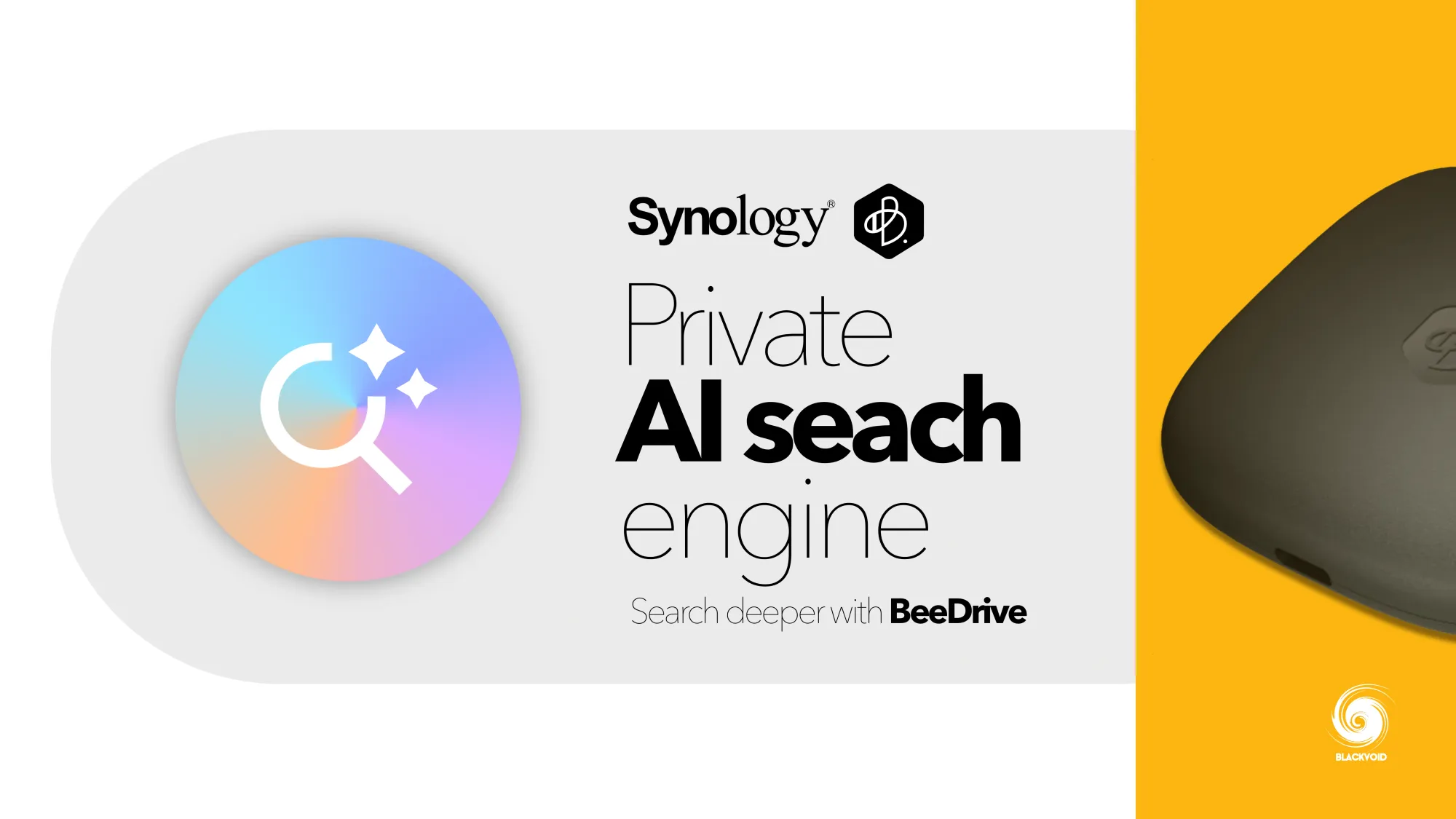
The upcoming BeeDrive deep search AI implementation for macOS and Windows
Concurrently, Synology is debuting its long-anticipated AI integration into Synology Office. The journey began in April with the release of the AI Console platform for DSM and Synology MailPlus. The remaining components of the Office suite will soon follow suit, enhancing the overall package with AI capabilities.
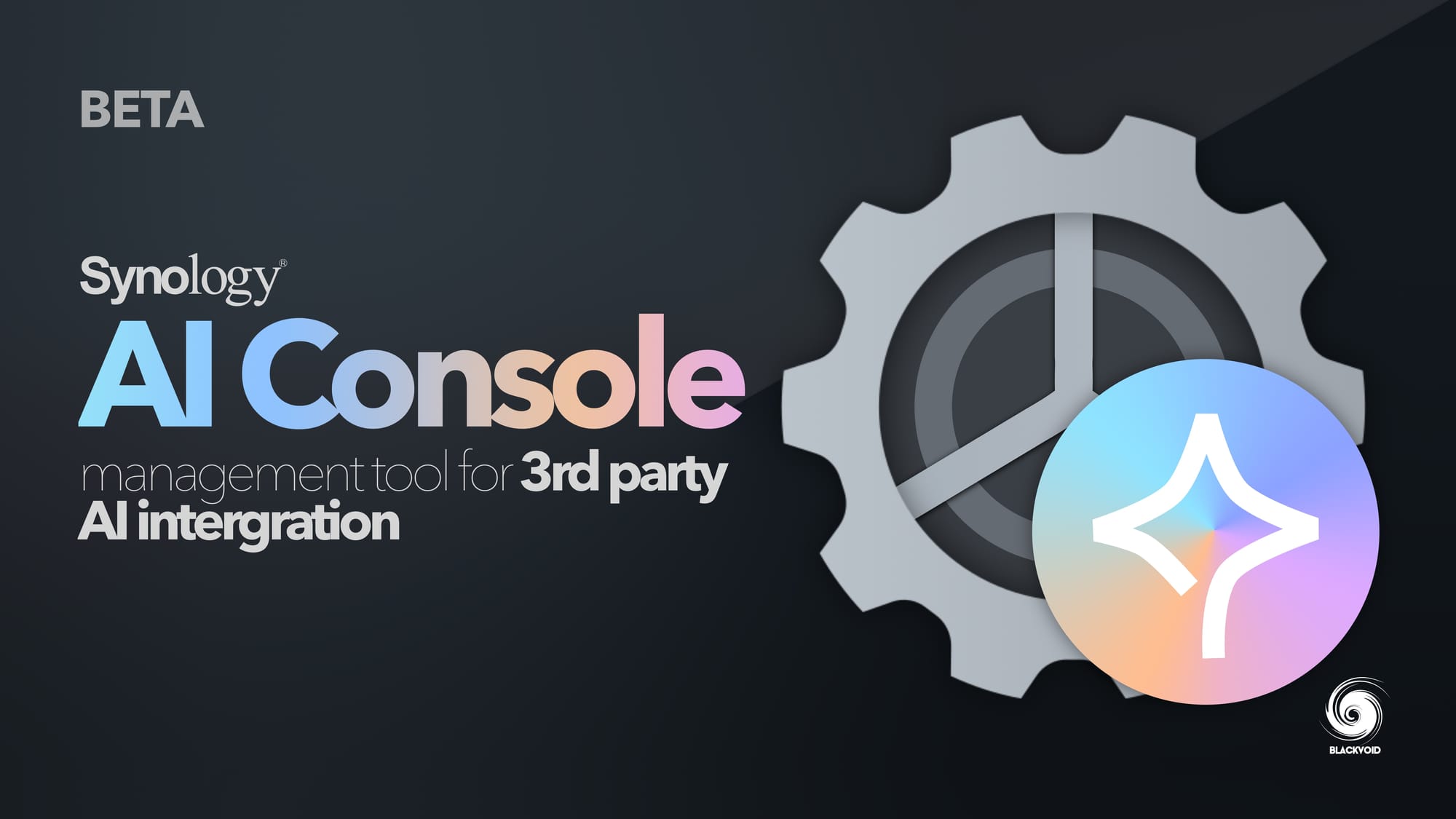
AI Console, the new DSM platform for AI integration with Synology Office suite
Synology Office meets AI
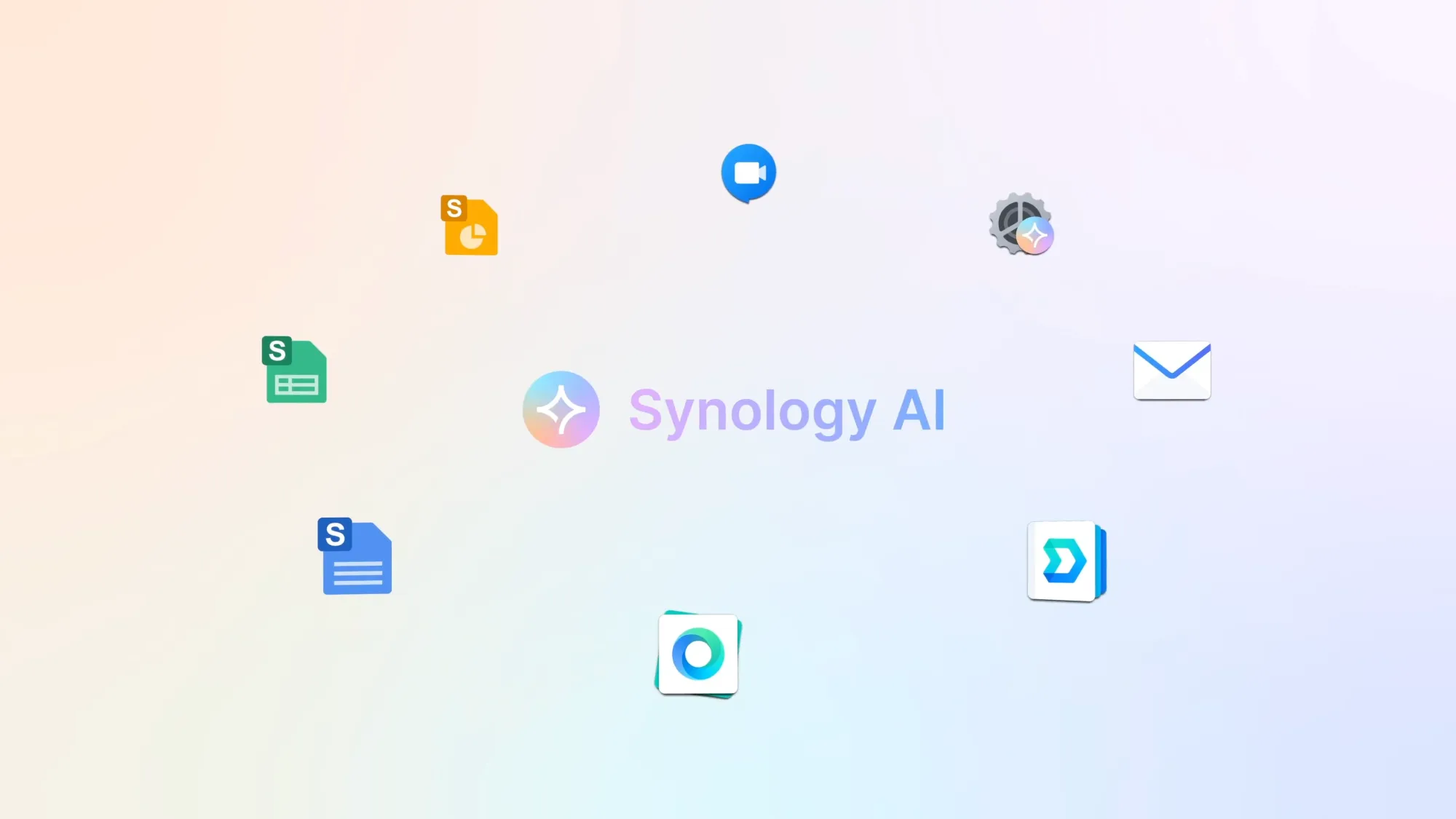
For several years, Synology has been dedicated to enhancing the functionality and usability of its productivity applications, aiming to rival commercial alternatives. Their on-premises approach emphasizes independent solutions, bolstering security while reducing reliance on public commercial offerings. This is particularly advantageous as many commercial solutions have been steadily increasing their monthly fees.
As mentioned, Synology already started with AI implementation in their MailPlus platform bringing many well-known functions to the platform.
Summary of emails, spell check, or casual rewrite and reply are all already supported in the current beta version of the MailPlus package.
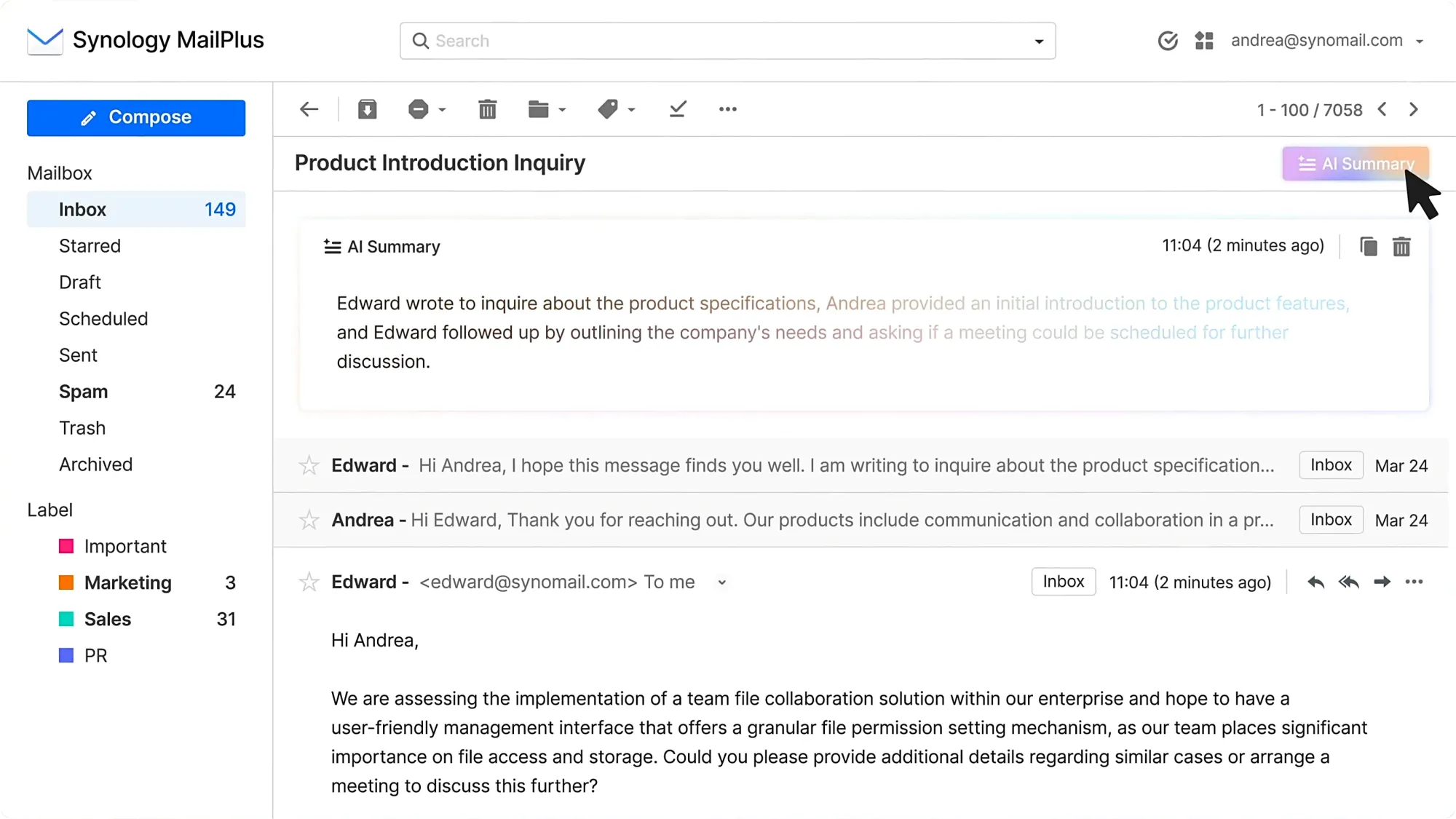
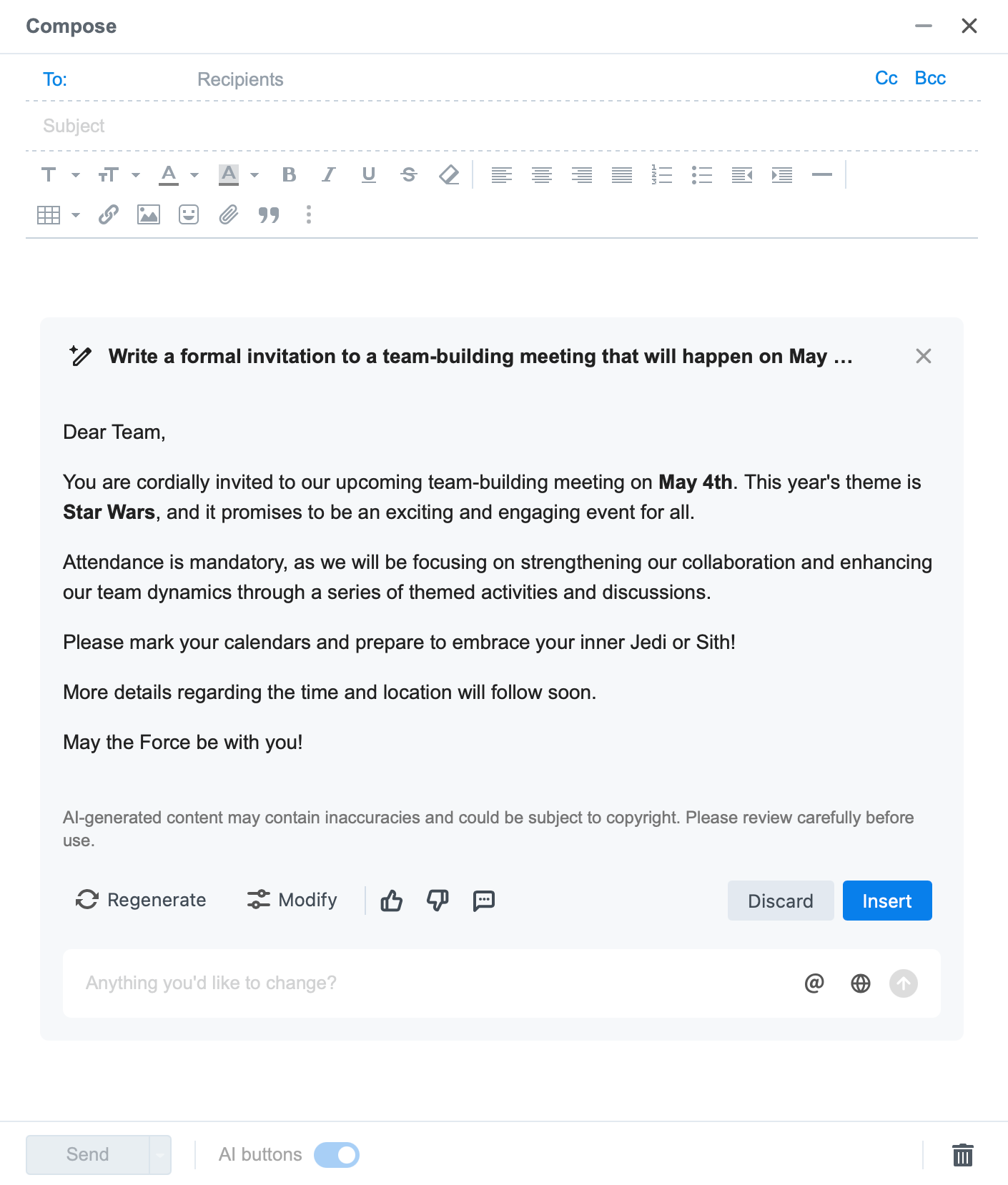
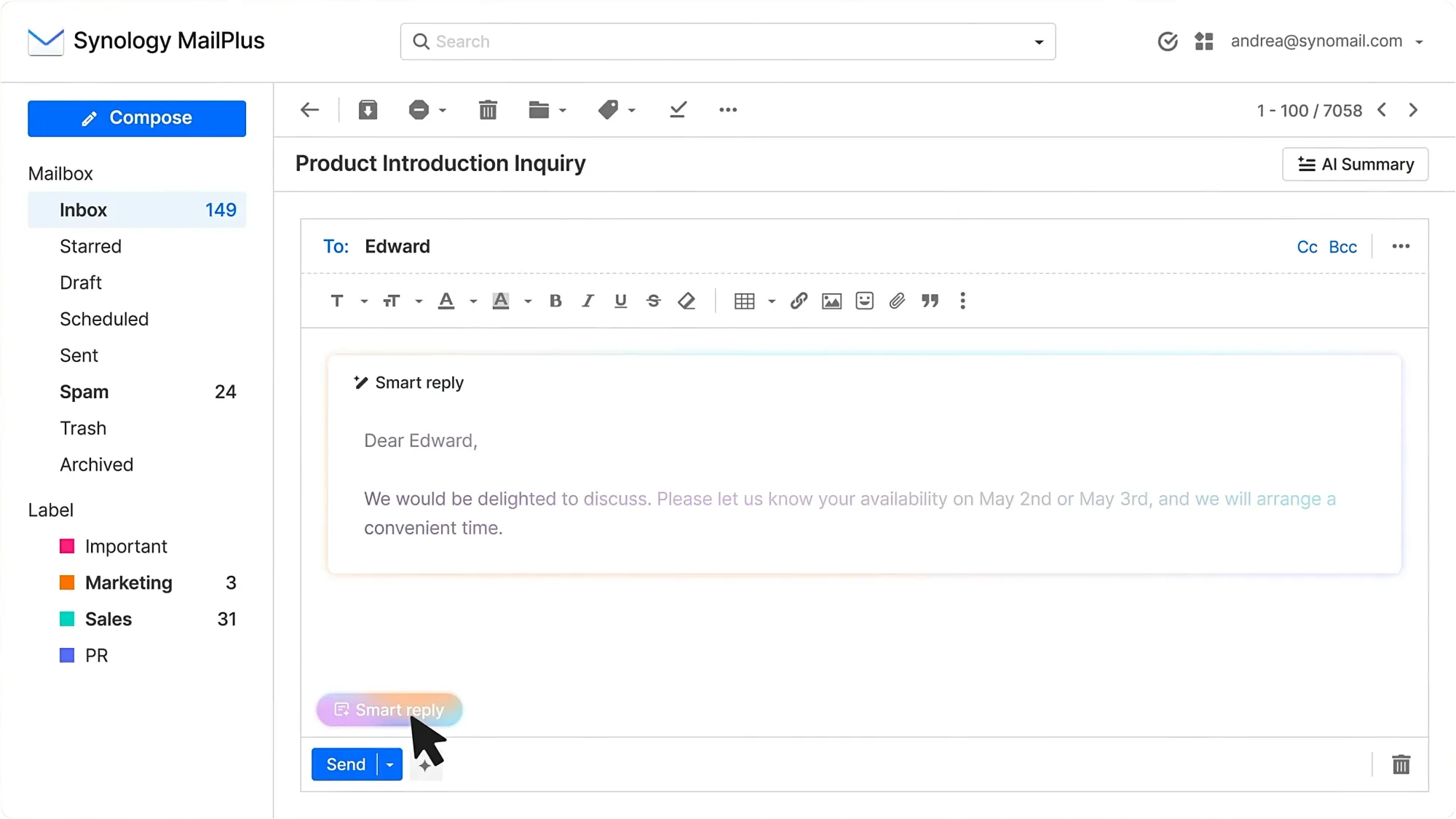
With AI Console and MailPlus currently in beta, the next version is expected to extend support to Drive and Synology Office. However, not all AI features will be integrated into every application, as some lack a practical need.
The Synology Drive platform will prioritize AI-enhanced search capabilities, enabling users to conduct file searches using descriptive input queries. This approach offers a more intuitive and natural search process compared to traditional single or multi-word parameters.
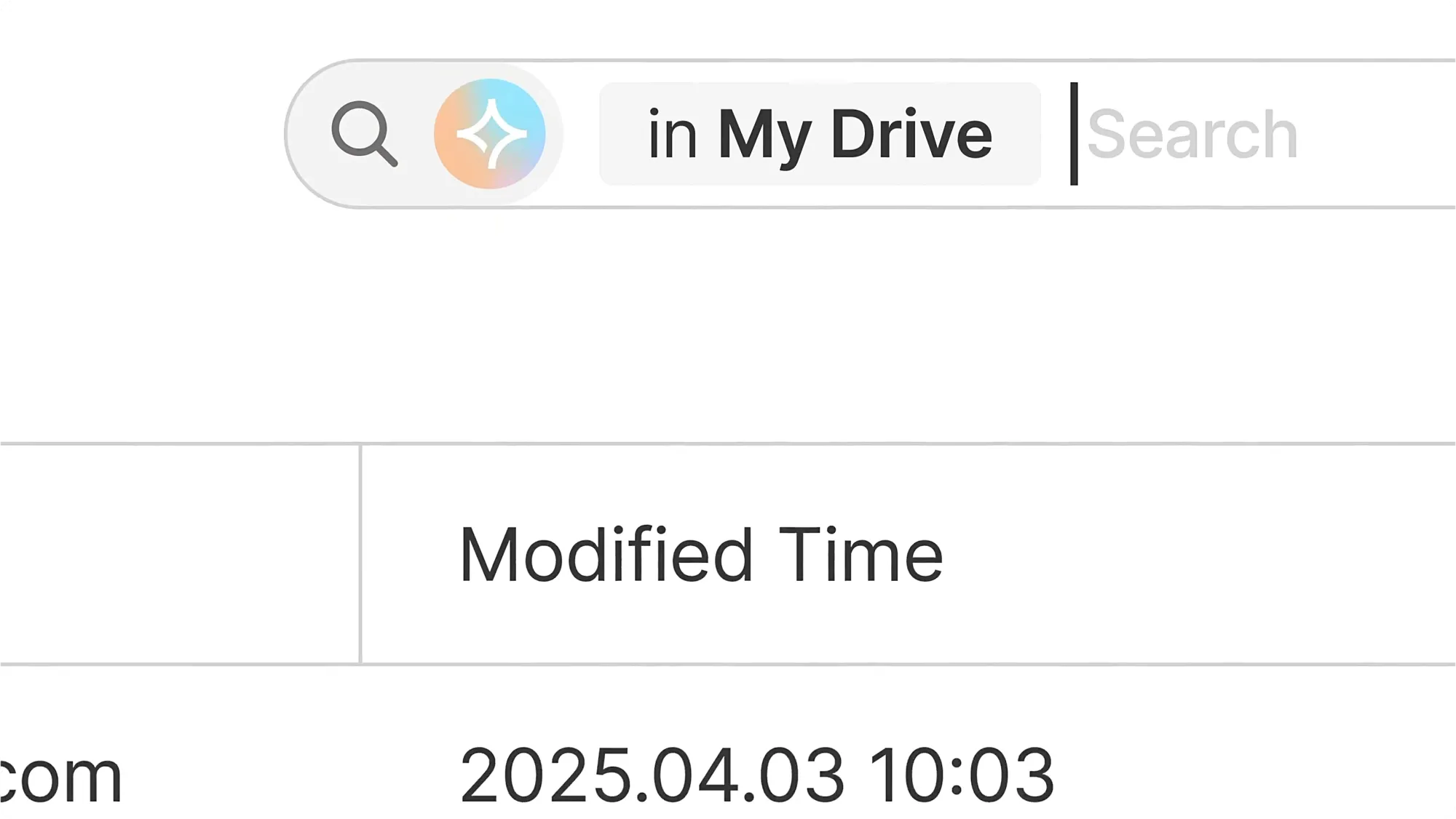
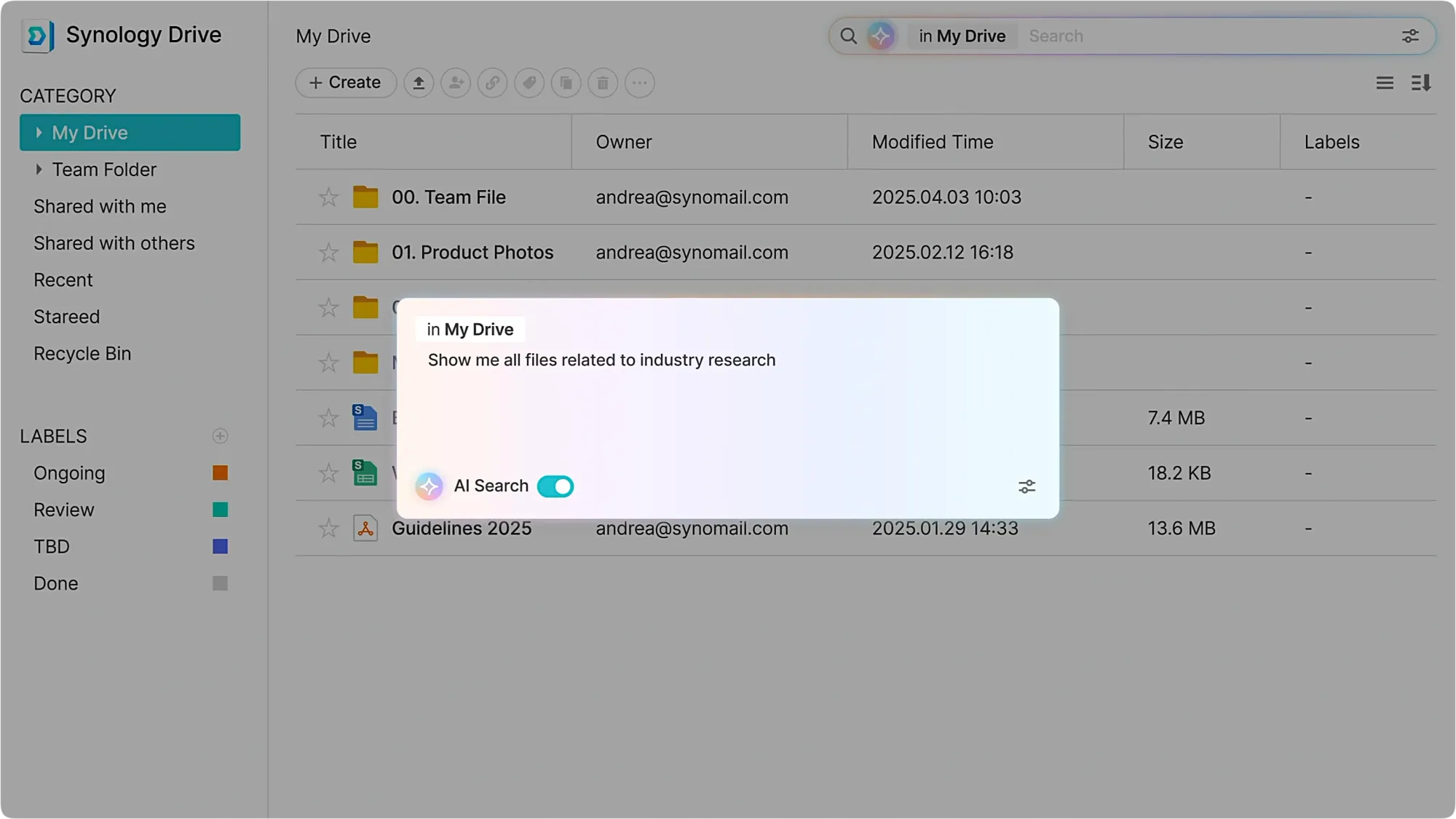
The upcoming deep search capabilities of the new BeeDrive desktop solution reveal some similarities. Although not identical—since the AI Console leverages third-party AI engines for integration (and Internet connection), while BeeDrive employs an on-device engine—the overarching concept and anticipated outcomes remain largely consistent.
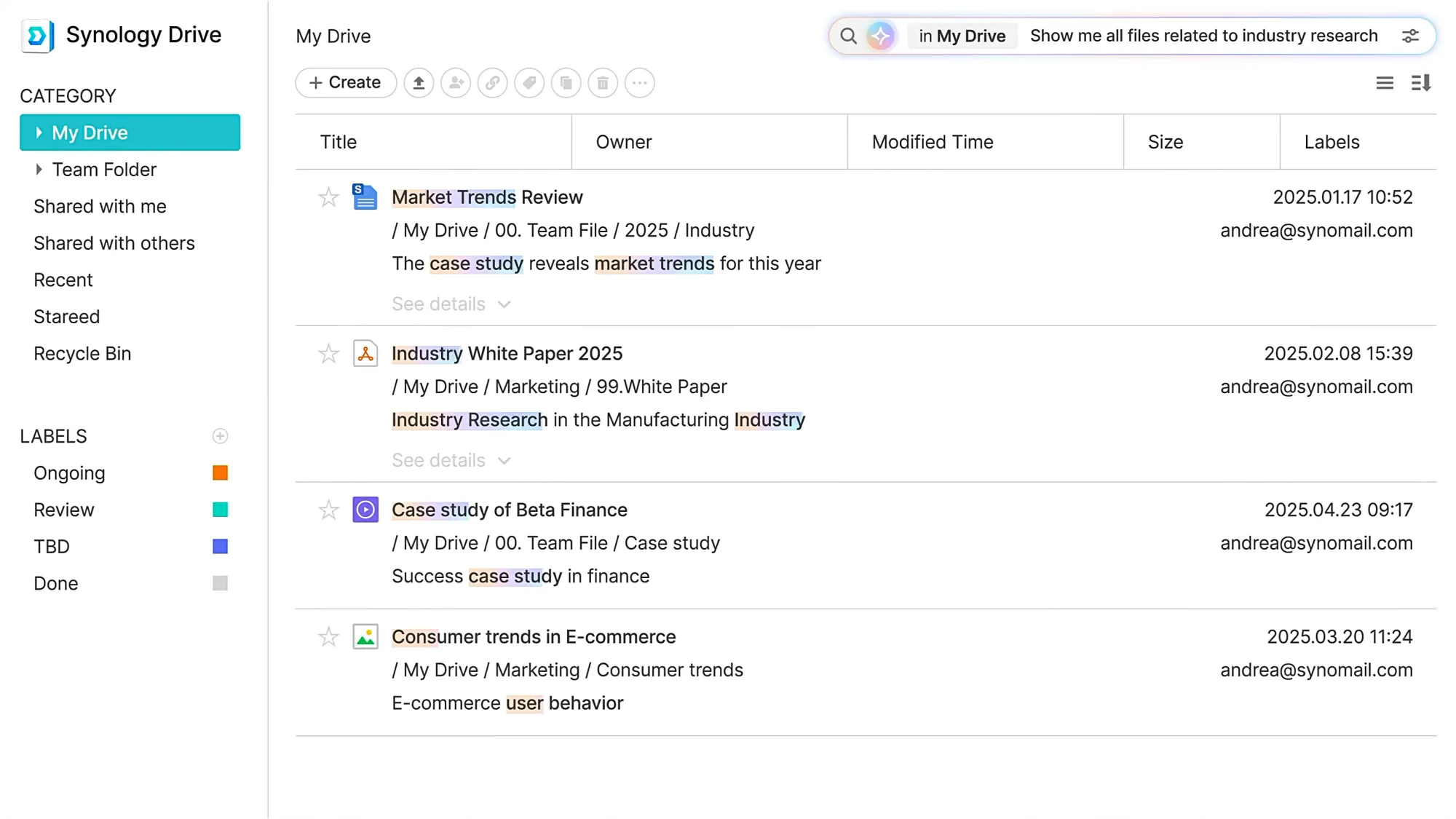
For those unfamiliar, the Synology Drive package is a prerequisite for Synology Office; thus, discussing one inherently involves the other. It would be short-sighted to expect AI features in the Drive platform without their integration into Office, given that Office forms the core of Synology's productivity suite.
The separation of Office from individual apps coincided with the introduction of the Drive platform. Synology Office offers web-based alternatives to traditional document, spreadsheet, and presentation tools, like Google Docs and, to some extent, Microsoft Office. These solutions are robust enough to meet the needs of most customers and users.
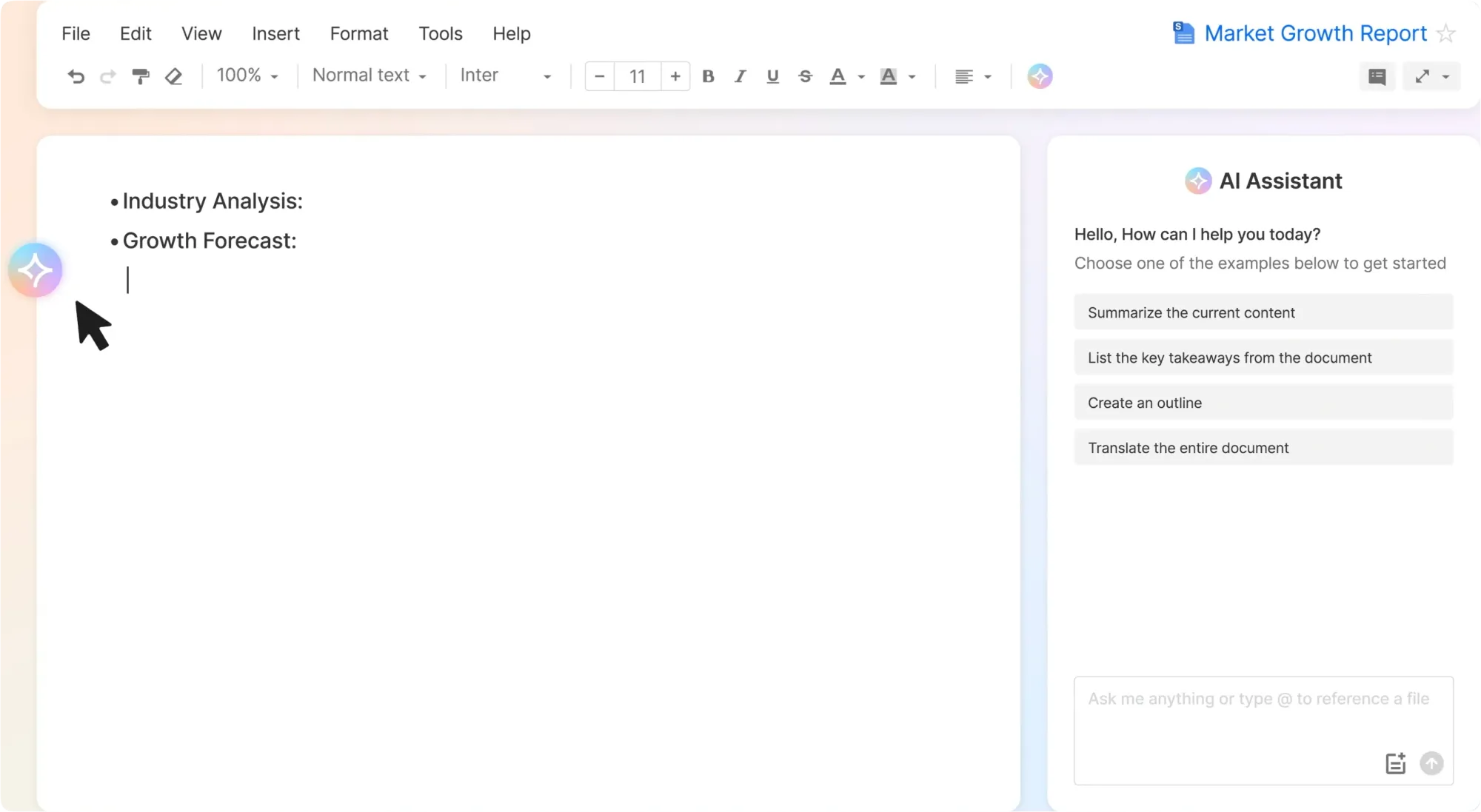
What can be expected in terms of AI enhancements will also depend on the actual app. Classic, and already mentioned, summarize, translations, rewrites, and outlines, are all present here as well just like with MailPlus.

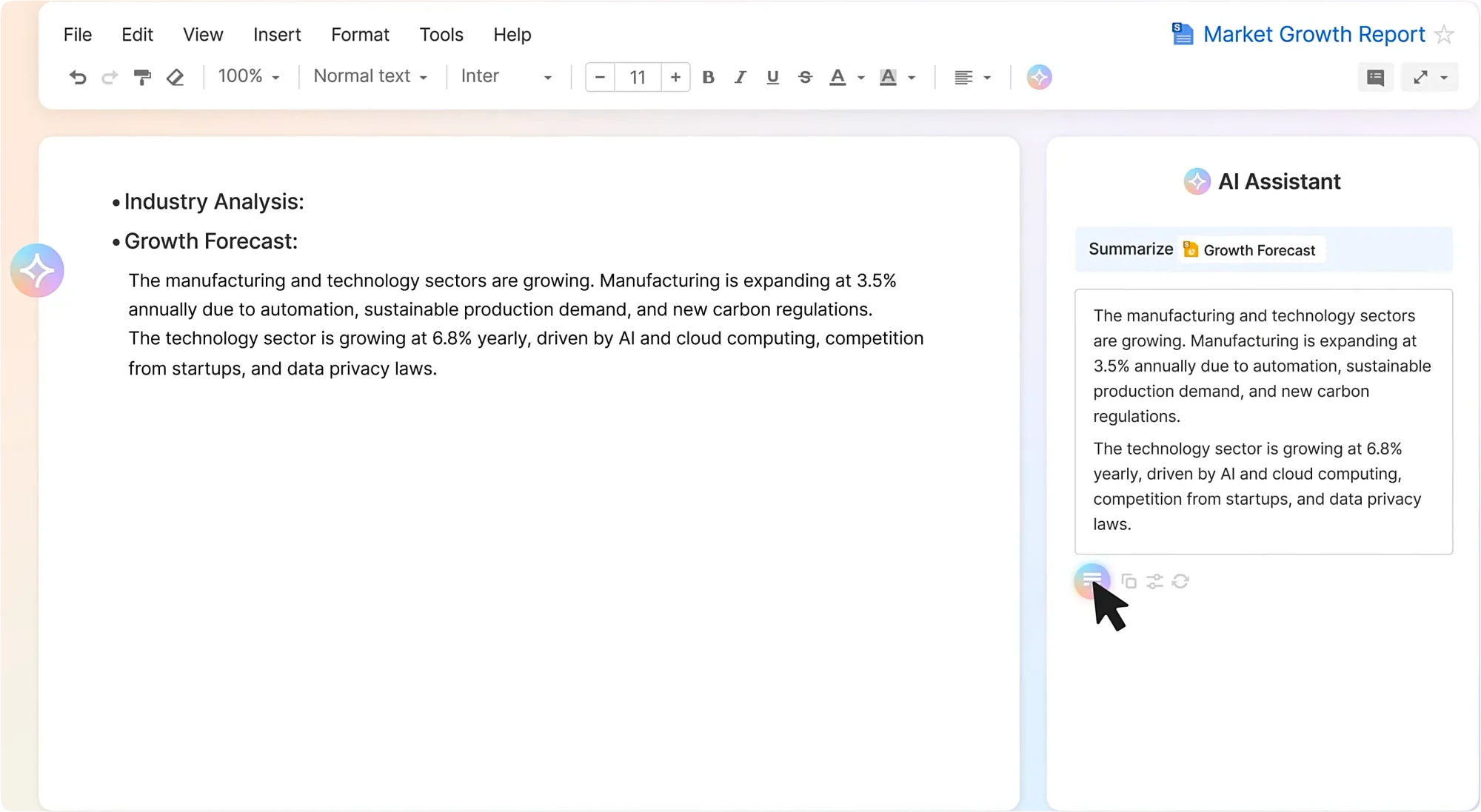
Spreadsheets will help users write better functions and formulas to extrapolate and manipulate large quantities of data faster and more easily. The unified view of the AI Assistant in both Document and Spreadsheet does not apply to the Slides app, however.
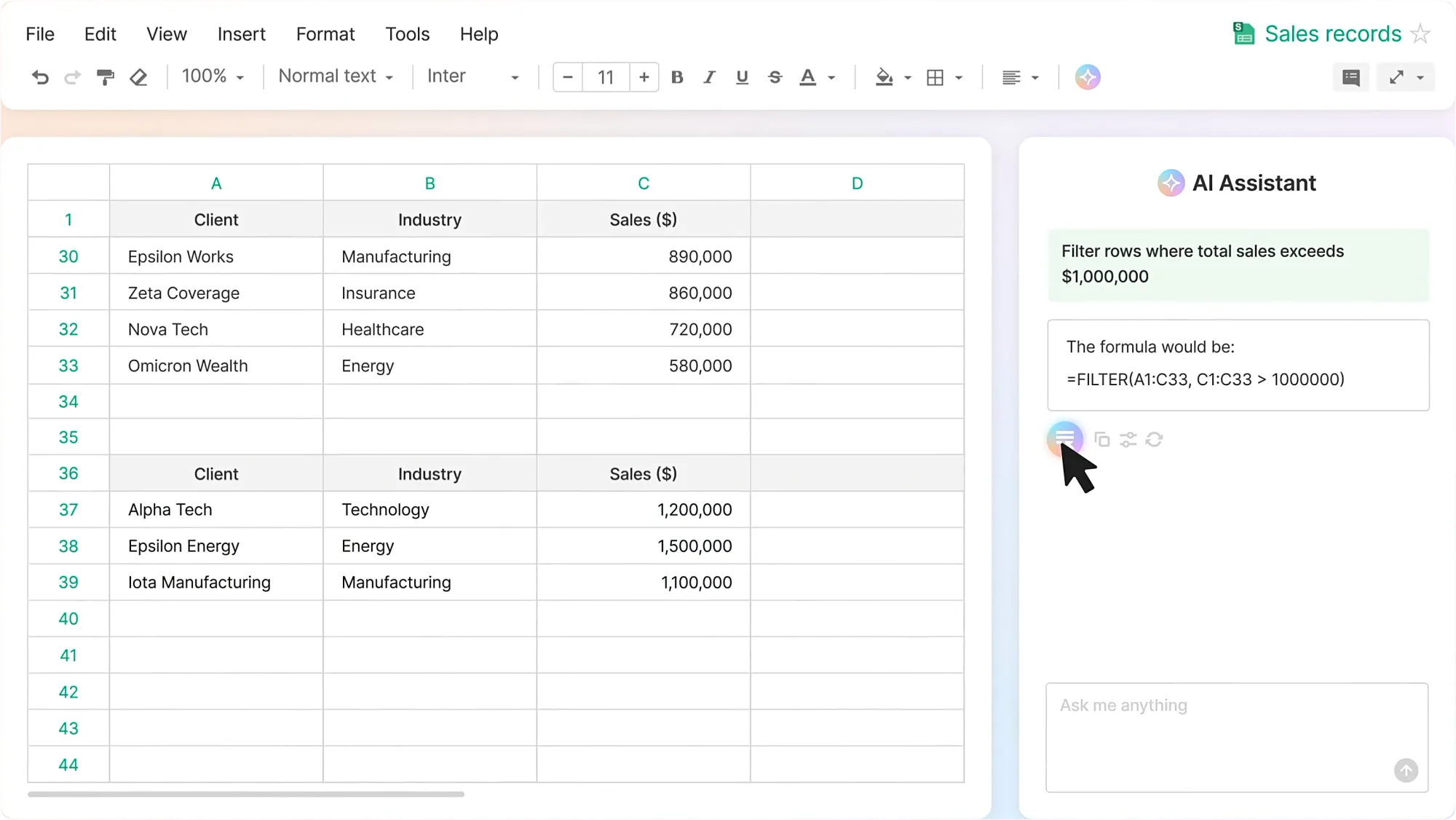
The presentation app will feature several AI enhancements, with slide translation being a definite inclusion. This feature will enable on-the-fly translation of slides, facilitating the rapid creation of multilingual presentations using a single template. On top of that, it will also support file reference, text generation, tone change, and refinement.
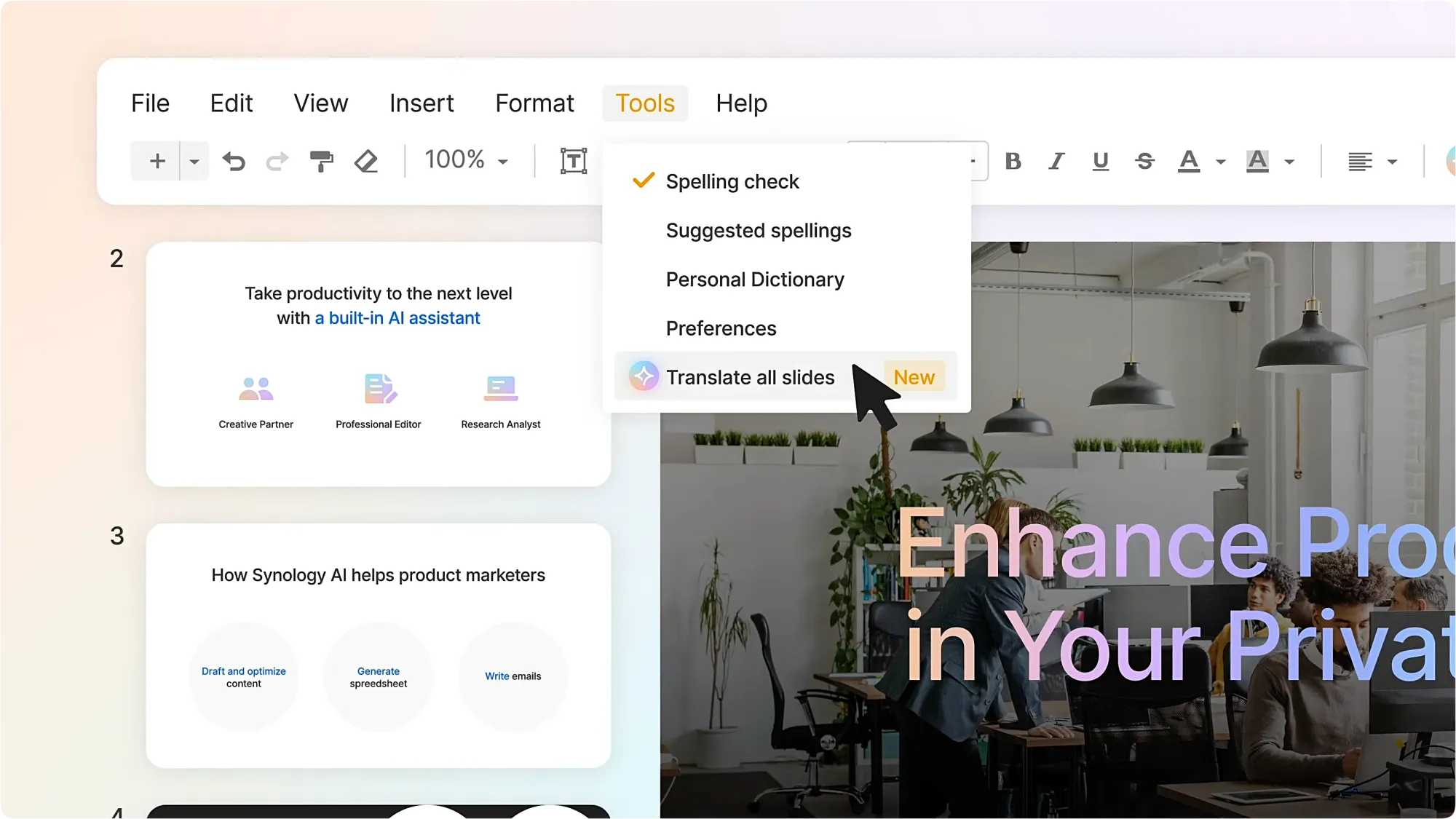
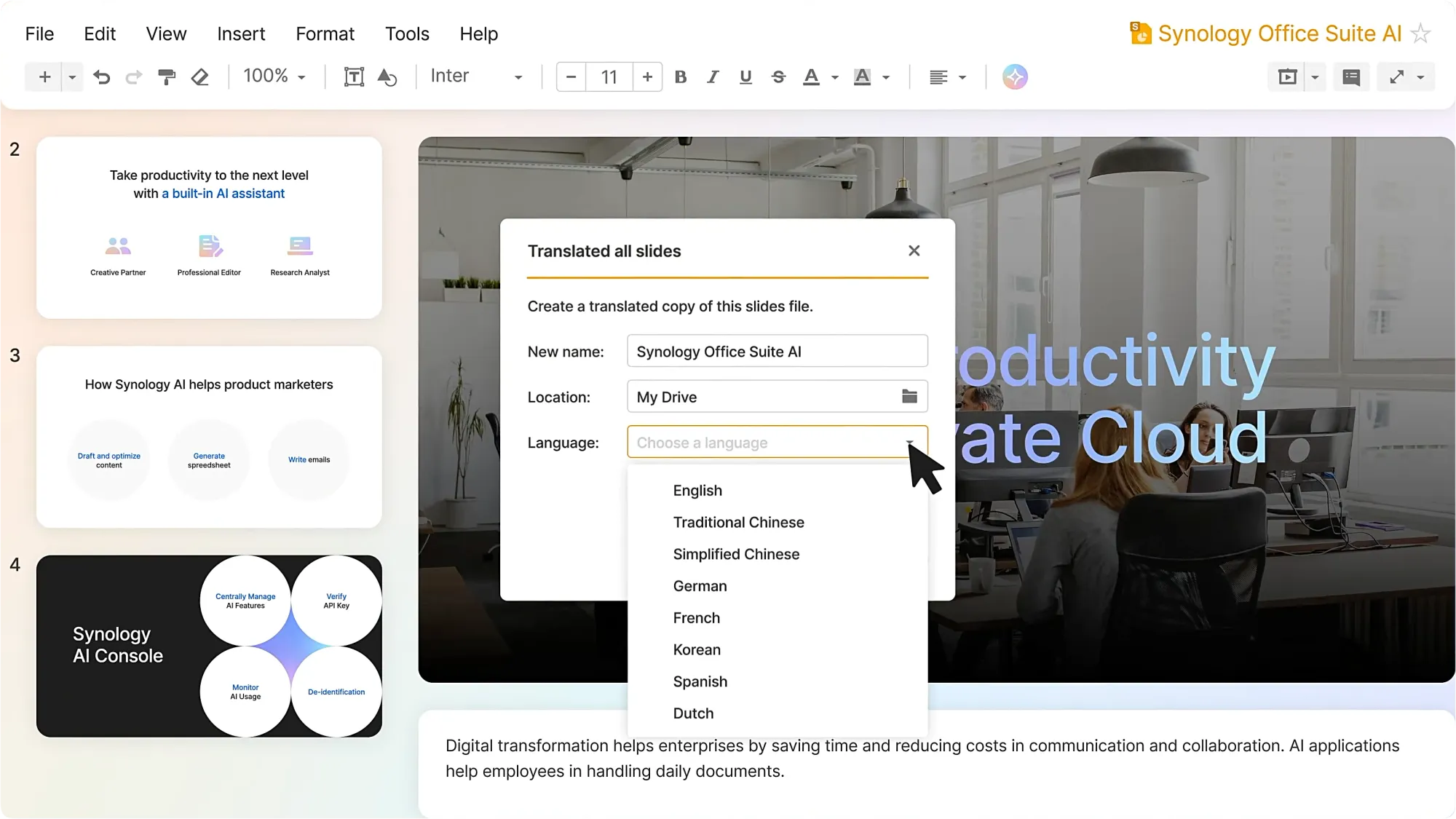
Among Synology's suite of veteran productivity apps, only the upcoming Synology Meet is currently advertised as AI-assisted. This doesn't imply that apps like ChatPlus or Calendar will be devoid of AI enhancements, but their future integration remains speculative.
Synology Meet, an upcoming app, aims to compete with established audio/video collaboration platforms such as Zoom and Microsoft Teams. Likely to extend from the new ChatPlus platform, Meet is expected to offer features like transcription.
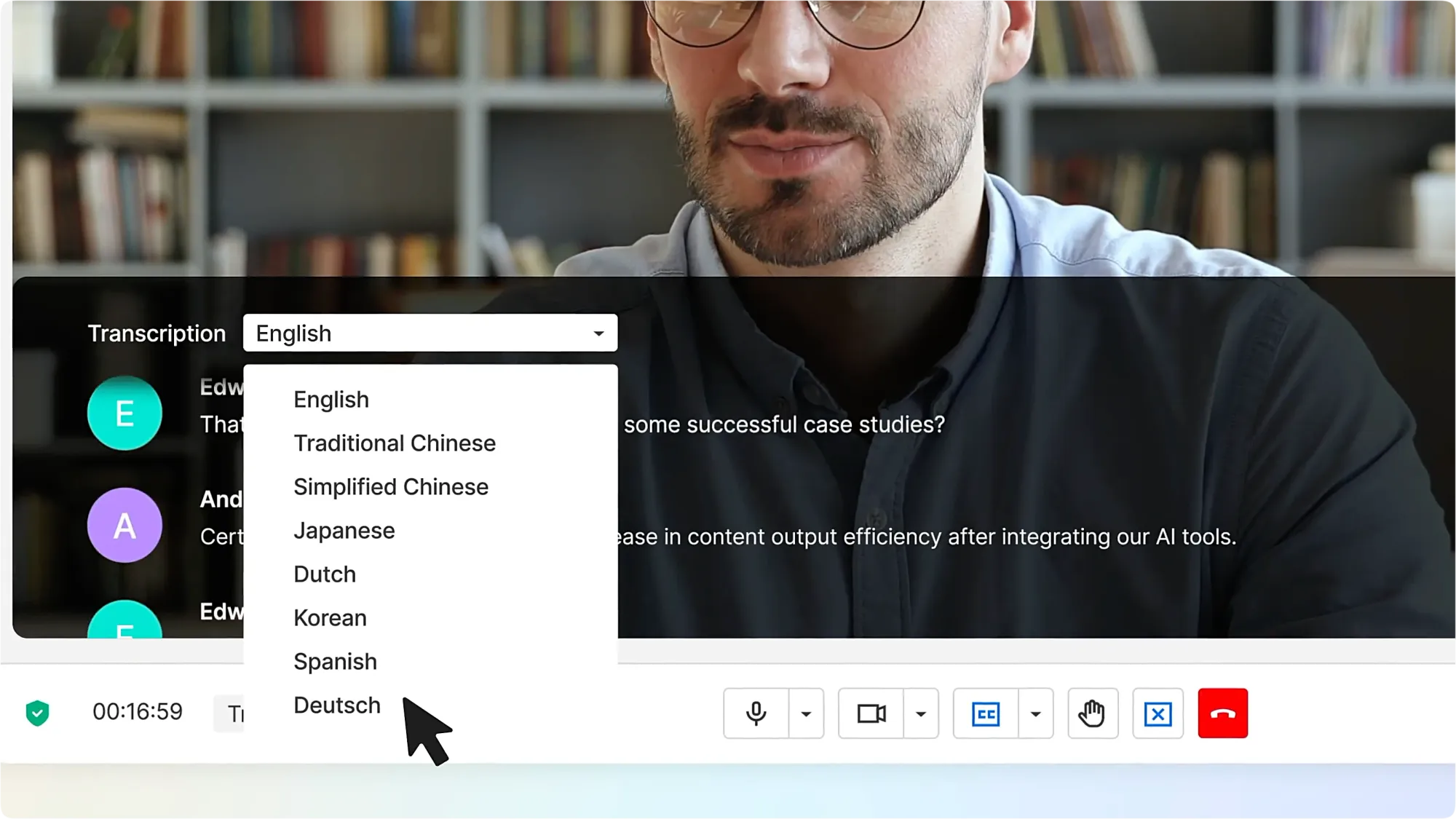
This feature will provide real-time closed captions in selected languages, aiding participants in overcoming language barriers during calls. Additionally, similar to other platforms mentioned earlier, Meet will offer a written "meeting minutes" summary. This functionality saves time and allows attendees to focus more on contributing to the discussion during meetings.
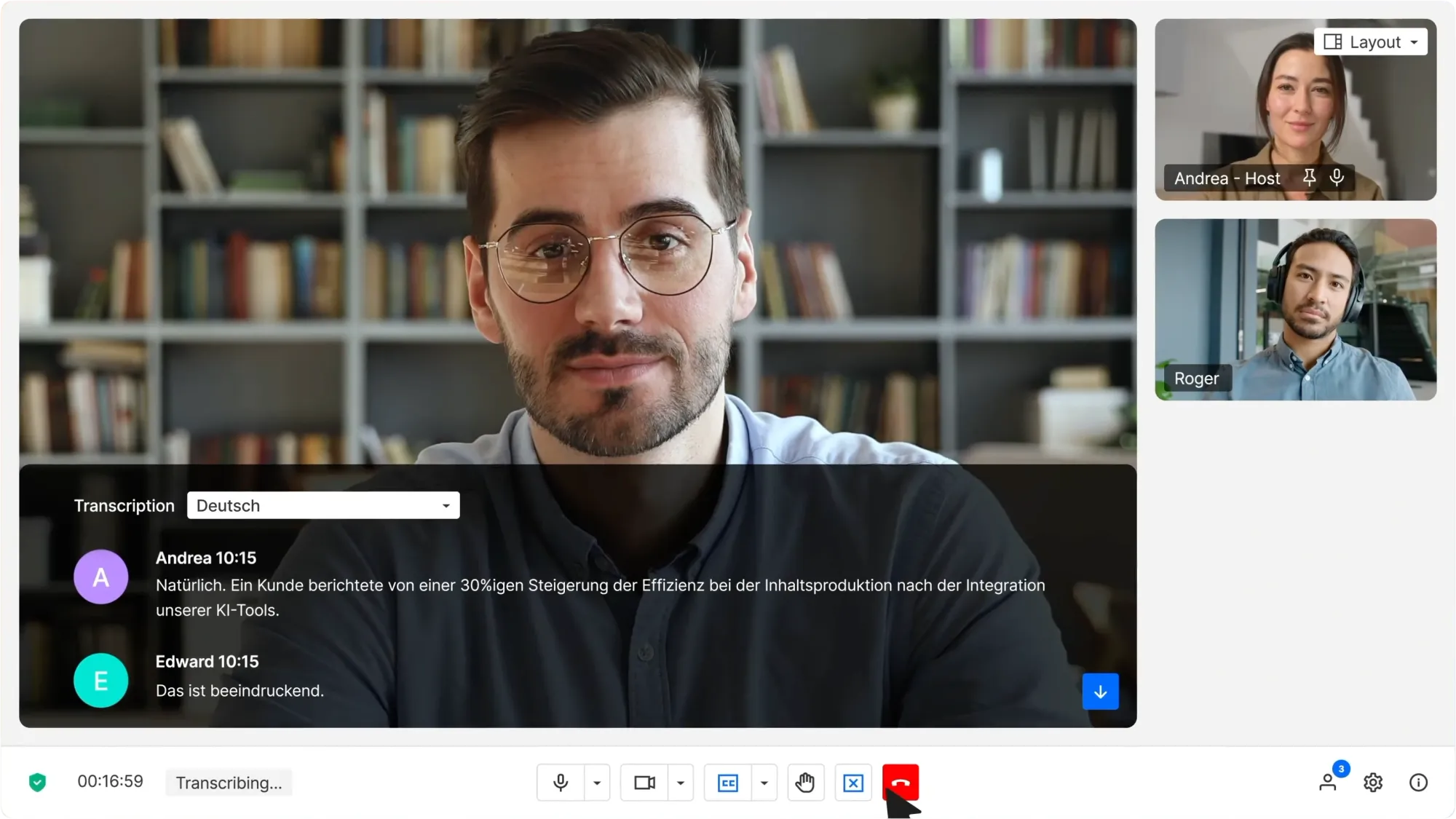
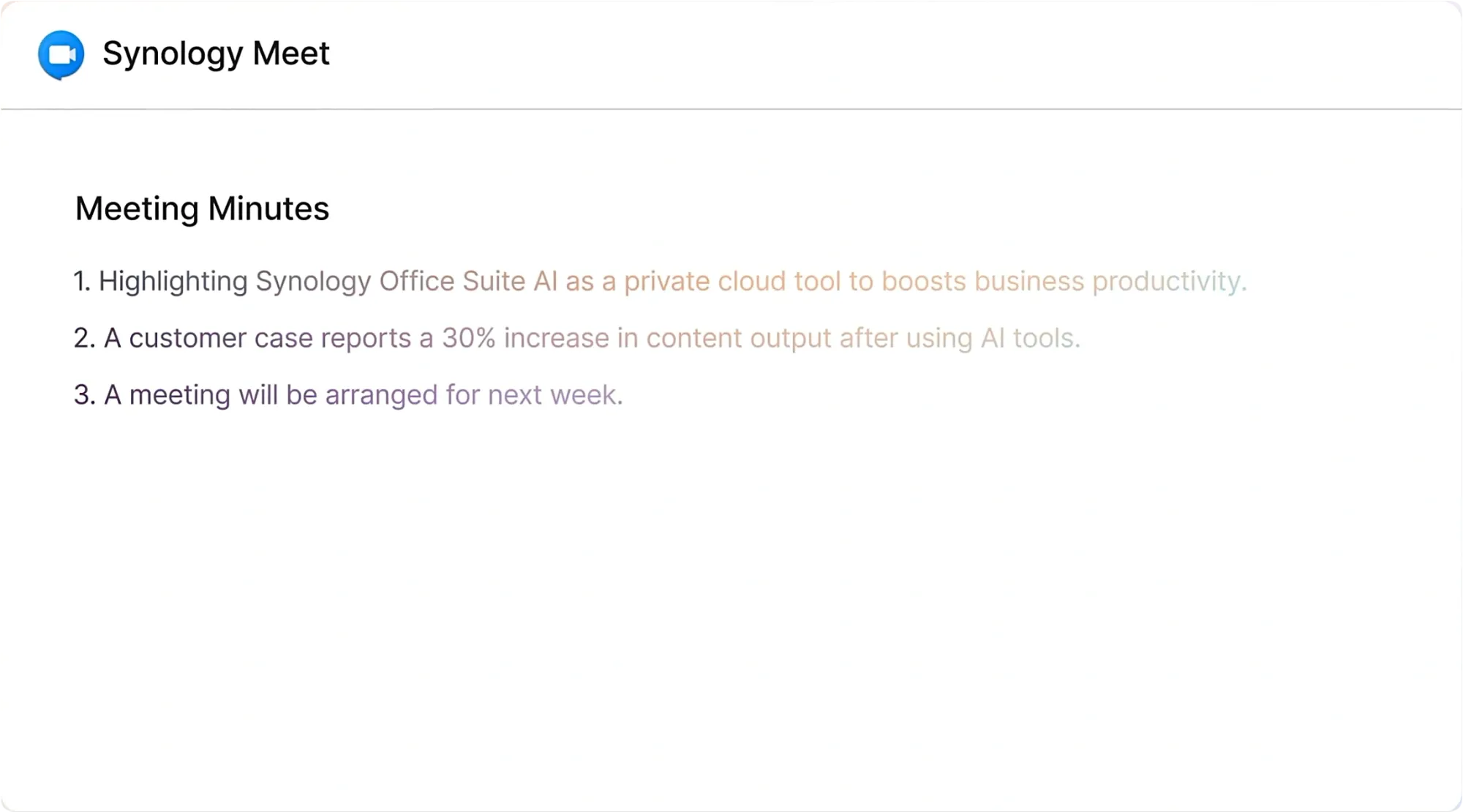
In today's AI landscape, privacy is a major concern. Synology's new AI Console and AI-supported apps will emphasize both privacy and control. Through the use of de-identification, users can establish filters to mask sensitive data locally before it's sent to any connected AI provider. After receiving the response, the masked data is restored locally, thus preventing any leaks of sensitive information.
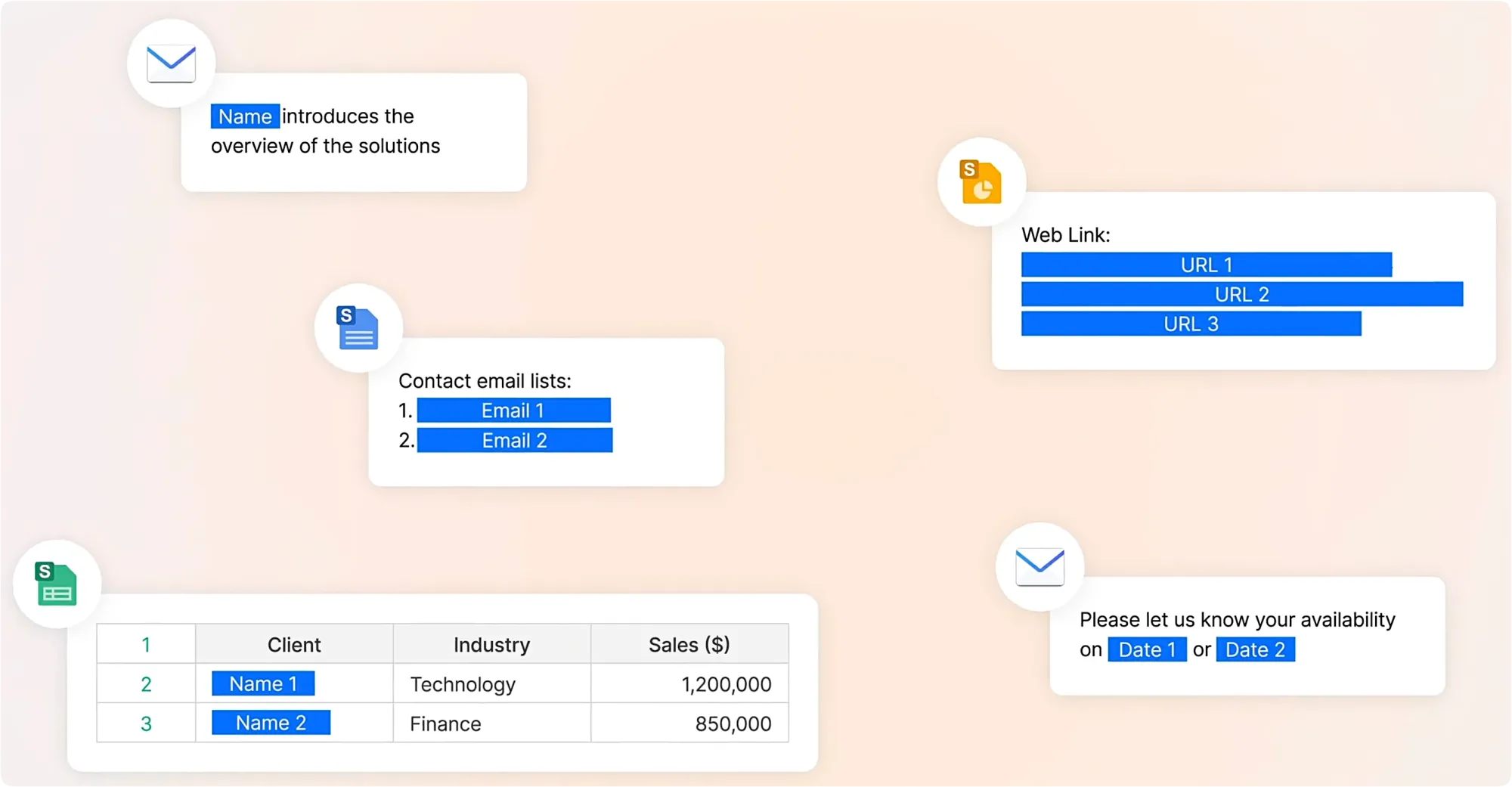
The hardware and software requirements for these AI features remain uncertain, though DSM 7.2.2 or later will likely be necessary, alongside new forthcoming versions of selected apps and platforms as they integrate AI capabilities. On the hardware side, it's possible not all NAS models will be supported, given the currently unknown CPU and RAM requirements.
ARM-based models, like the Realtek1619B, will not be supported, unlike x86 Intel and AMD CPUs, and some features (like de-identification) will also have a specific RAM requirement of at least 8GB.
Due to the high computational demands of AI, only x86-64 systems are supported. Additionally, de-identification requires significant memory, with at least 8GB of RAM needed to activate the feature, driven by the language model's processing needs
With the imminent launch of AI-capable apps, a complete specification and hardware compatibility list will soon be available. This list will clearly outline which current and upcoming models and series will support these features.
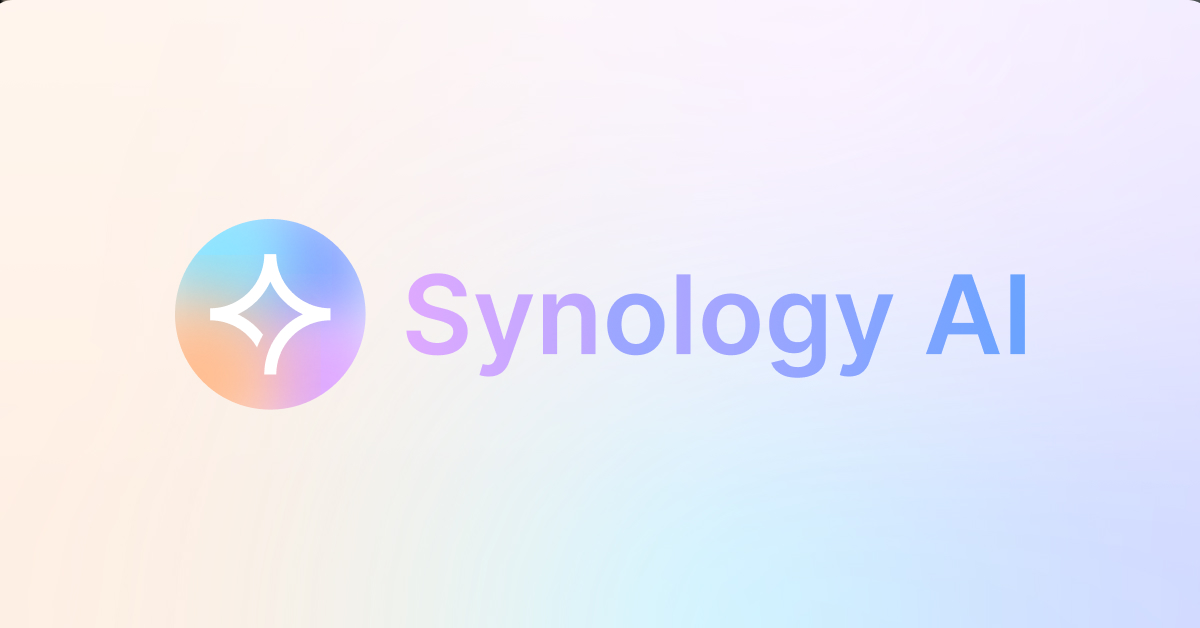
Synology official productivity AI page
Further details on the AI integration with Office and other Synology apps will soon be available in a dedicated article. This article will provide an in-depth look at all the features.
Official YT video on the topic of upcoming Synology Office AI features
